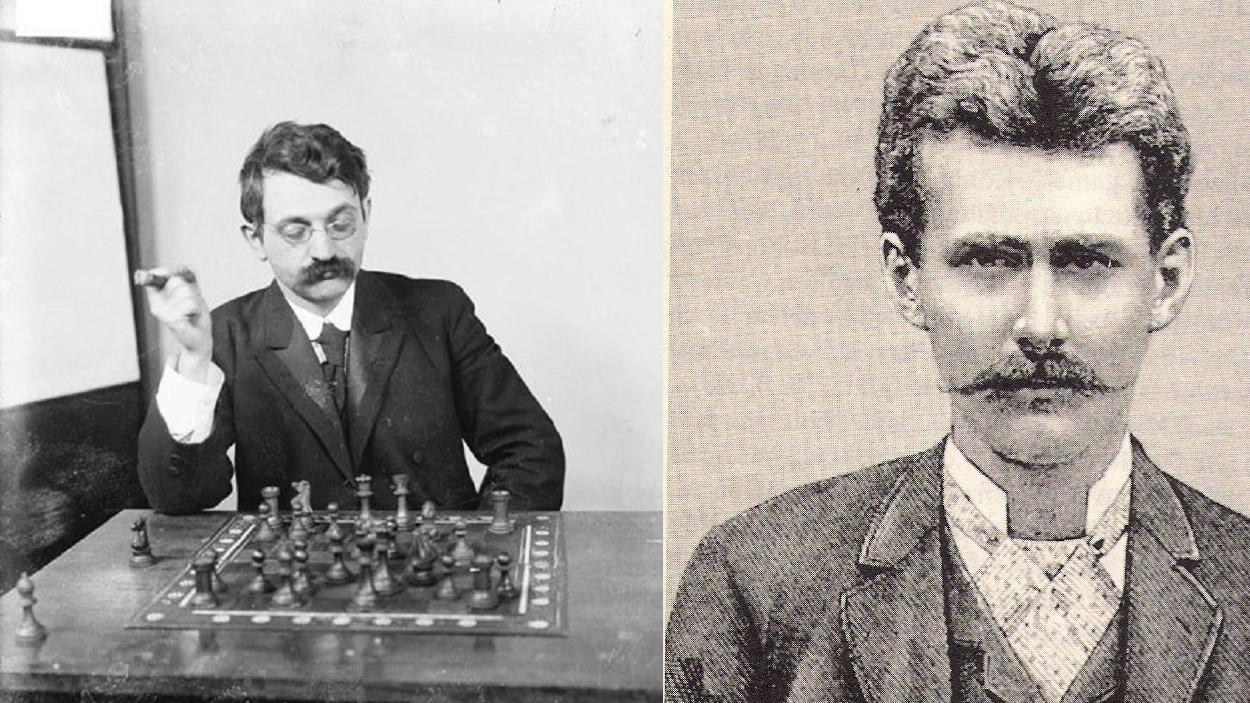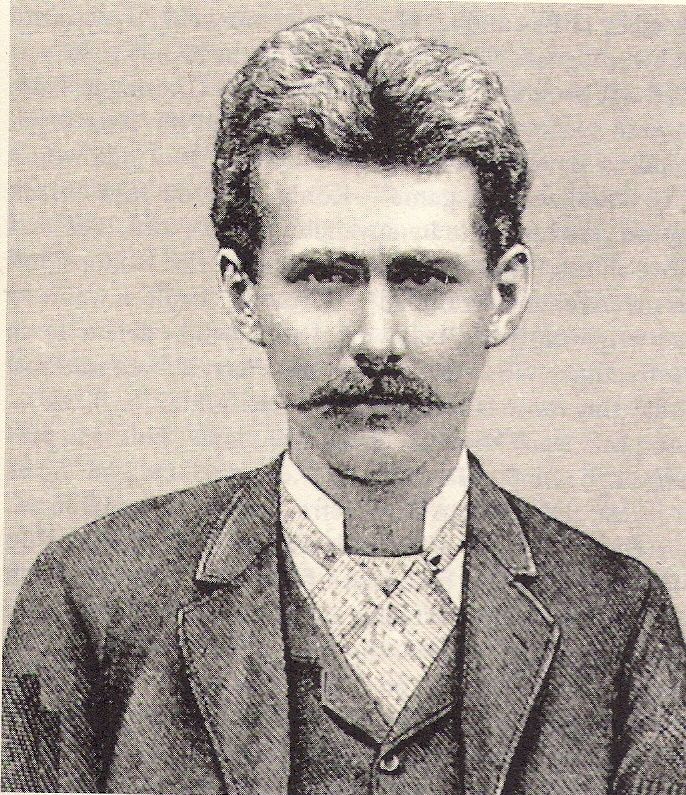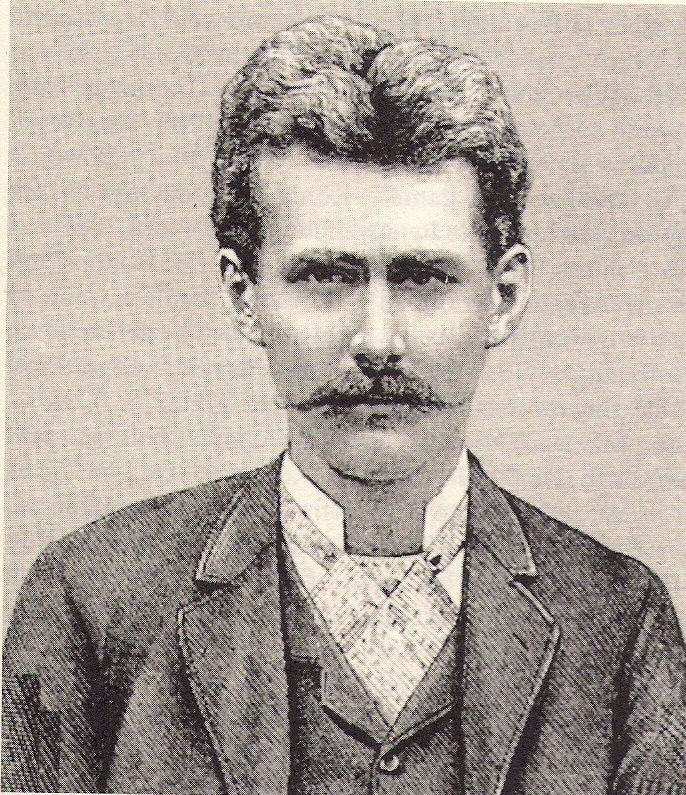
Lasker and Bauer. Two Beautiful Lines in Chess History.
Good Afternoon everyone. Nice to be back bringing you some stuff you won't have seen before.
I have been at a bit of a loose end this week, and so decided to get round to doing this little article that has been in my head for quite a while.
You will have all - hopefully!!- have seen the two famous games here, but I will include them anyway, and show a curious link with one, and the genesis of the other - that I have mentioned elsewhere.
As a bonus I will give you a little on one of the players in the connections who you will know nothing about - Johannes Hermann Bauer.
So. Bauer. A player famous for losing a game!!! There are plenty of those about, and I write about them a lot. he was seriously talented - like Tarrasch, Lasker, Rubinstein, etc the winner of a DSB Hauptturnier.
Those of you who don't know about the ferocious dog fights that those events were might like to go back through some of my articles.
his career was short - as you will see - but within that time his results were more than promising - not so many can say that they finished ahead of Lasker in a tournament!!
Like any number of the players I have written on from the period, he died from 'consumption'. T.B. as we think of it today. De Vere, Wisker, Charousek etc. etc. A long and tragic list.
So, before the chess stuff, I will introduce you to another of the forgotten ( if the famous lasker game had never been played, you would never have heard of him. that is sad. )
Fiala's 'Quarterly for Chess History' - a magnificent series - gives, in vol 19, an obituary of Bauer, from the Times Democrat of May 31. 1891. Obviously further details have been found since 1891, and if you are interested the usual internet sources will give them. the text ( slightly edited ) of the Times Democrat obituary;-
''In the death of Herr Johann H. Bauer, the prominent Viennnese master, which occurred on the 5th ultimo at Goertz, Austria, the European chess world loses unquestionably one of it's most promising junior masters.
Born at Prague in 1861, he early acquired knowledge of chess, and made such rapid progress that even when still a youth he came out chief victor in a number of tournaments in his native city.
While yet a young man he took up his permanent residence in Vienna, and speedily became one of the most prominent players of that city of strong players.
He won his chess ''spurs'' at the Frankfurt congress of 1887, where he entered for the minor tourney.....
he emerged chief victor with a total score of 10 wins, 2 draws and but 1 loss, earning his ''master's degree'' in great style.
In the famous Breslau Congress of 1889, where he first met the 'masters', he well proved his capacity by tieing with von Bardeleben, Gunsberg and Louis Paulsen for 4th-7th prizes...
...In the famous Kolisisch Tourney of Vienna masters, held in the Spring of 1890, he tied with Herr. B. Fleissig for second place ( Max Weiss being first) and won both games and the second prize in the play-off.
In the fall of the same year at the third Congress of the austro-Hungarian Chess association, he again took second prize.
[ To interject - Gyula Makovetz - a player you will find in a couple of my articles came first - somewhat fortuitously - with Lasker - who chose to play there rather than at Manchester - in third place. Simaginfan.]

With the exception of Weiss, and possibly of Englisch, he defeated most of the other foremost Viennese chess masters in set matches, and only a short time ago ( January 1891), won a three cornered match with Albin and Marco, two of the leading local players, beating the former 4 to 0 and the latter by 2 wins to 2 draws.
Shortly after this, his malady ( consumption), became so pronounced that he was forced to retire from the tourney of the Vienna Chess Club in which he was then leading the score, and to seek - un availingly, as it unhappily proved - a healthier clime in the Istrian Mountains.
He was barely thirty years old at the date of his death''.....
The article continues, but I will not give the rest here. It then gives a game as an example of Bauer's 'heroic defence' etc. which brings us to the purely chess aspect of this little article. ( those who read my articles regularly will know that the chess is really my thing, but I felt it necessary in this case to include the biography stuff.)
So, onto the chess and the game quoted. It was played against one of the very best in the World at that time - whose life way changing rather dramatically, but that is another story - Isidor Gunsberg.

Both players missed their chances, but the whole structure of the game relates to one to follow. and it's a fascinating game!!
So, lets compare that game with a very famous one - Max Euwe in one of his books chooses it as his example for Pillsbury. No real notes - you can find masses of them - but it is interesting to compare the whole conduct of White's attack with the Gunsberg - Bauer game, so a couple of observations included.
Whilst I am here - another picture that you won't find anywhere else - like the Bauer one. Pillsbury from the New York Daily Tribune in 1895. ( On that subject you will find an image of Bauer on the internet that isn't him!! No kidding - kind of like the G.A. Macdonnell pic that pretends to be Alexander M'Donnell. Go check your primary sources before you post pictures. Thanks!!! The internet is not a god - it is what people put on it. Sometimes they are very wrong and don't know what they are talking about. ![]() )
)

As I say, Bauer is only remembered by many as the loser of a famous game. This one - No notes, as I am sure that anyone reading this knows it!!
Before the Lasker - Bauer game there is also a second example that was found by Richard Forster for his incredible book on Amos Burn. This one didn't work out so well.
Just because some of you may not have seen it, here is a well known picture of Owen and Burn.
 O.K., so that's the chess that relates to the title of this little article.
O.K., so that's the chess that relates to the title of this little article.
Whilst I am here, I will add in a couple more games by Bauer. I found the first one in the Columbia Chess Chronicle. Just for fun!!


